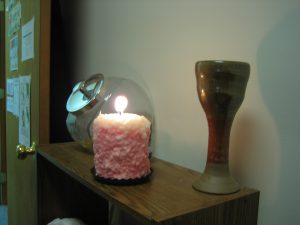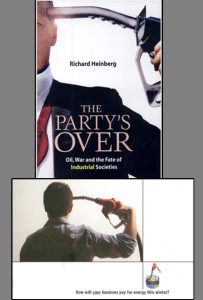Later today I'll be sitting on a panel put together by the Wayne County Area Chamber of Commerce, and we'll be talking about issues related to local food. Beyond some home gardening I'm not a food producer or any sort of expert, but between my work with the Clear Creek Food Coop, my interest in food / energy issues, and my efforts around making Richmond more self-reliant, I hope I'll have something useful to offer.
It's at 3:30 PM at Ivy Tech Community College, 3421 Johnson Hall - I hope you can join us.
In case you won't be able to attend, here's a list of 12 reasons that it's a good idea to support the production and consumption of locally grown food (adopted from a list produced by The Ohio Ecological Food and Farming Association):





